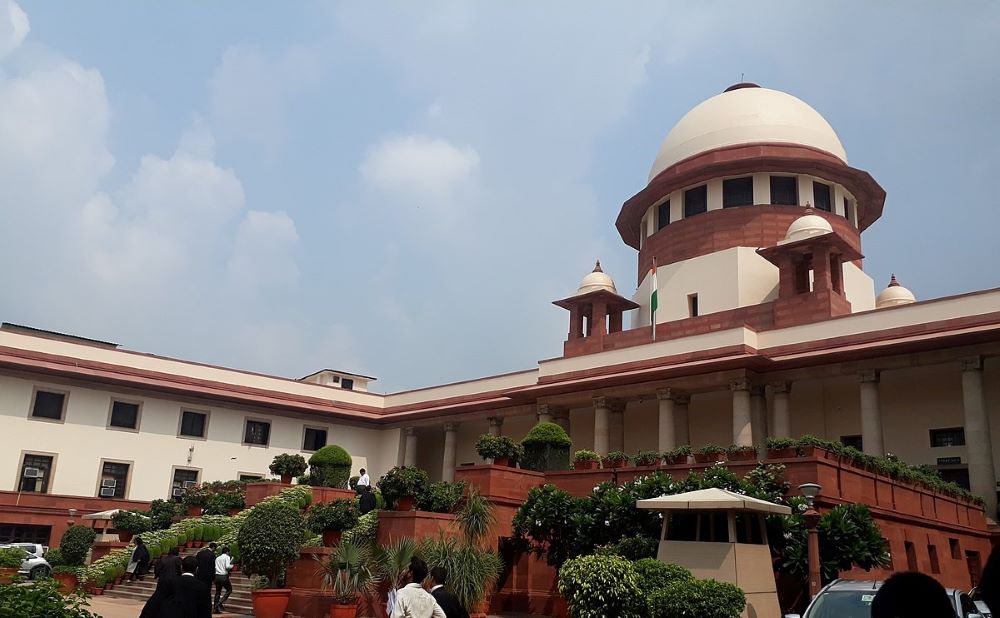Shivangi Prakash-
Published on: August 20, 2021, at 14:58 IST
The Supreme Court has stated that just because an arrest is legal does not mean it must be made, while noting that personal liberty is an important part of constitution.
The Supreme Court stated that making arrests routine could do “incalculable harm” to a person’s reputation and self-esteem.
If the investigating officer in a case does not feel the accused would abscond or violate the summons, he or she is not obliged to be produced before the Court in custody, according to a Bench of Justices Sanjay Kishan Kaul and Hrishikesh Roy.
“We may note that personal liberty is an important aspect of our constitutional mandate. The occasion to arrest an accused during investigation arises when custodial investigation becomes necessary or it is a heinous crime or where there is a possibility of influencing the witnesses or accused may abscond,” the Bench said in its order passed earlier this week.
The judgement was issued when the Supreme Court was considering an appeal against an Allahabad High Court decision that denied an application for anticipatory relief in a case where a FIR was filed seven years ago.
In light of the provisions of Section 170 of the Code of Criminal Procedure, the Bench noted that, contrary to the observations made in the Apex Court verdict of 1994 on how a police officer must deal with a scenario of arrest, the Trial Courts are said to be insisting on arrest as a pre-requisite formality to take charge sheet on record (CrPC).
When there is adequate proof, Section 170 of the CrPC deals with instances that should be sent before a magistrate.
According to the Supreme Court, the phrase “custody” in section 170 of the CrPC does not refer to either police or judicial custody, but rather to the appearance of the accused before the Court by the investigating officer while filing a charge sheet.
It was pointed out that section 170 of the CrPC does not require the officer-in-charge to arrest the accused at the time the charge sheet is filed.
“If the investigating officer has no reason to believe that the accused will abscond or disobey summons and has, in fact, throughout cooperated with the investigation, we fail to appreciate why there should be a compulsion on the officer to arrest the accused,” the Court said.
It was pointed out that there must be a distinction drawn between the presence of the power to arrest and the rationale for using it.

